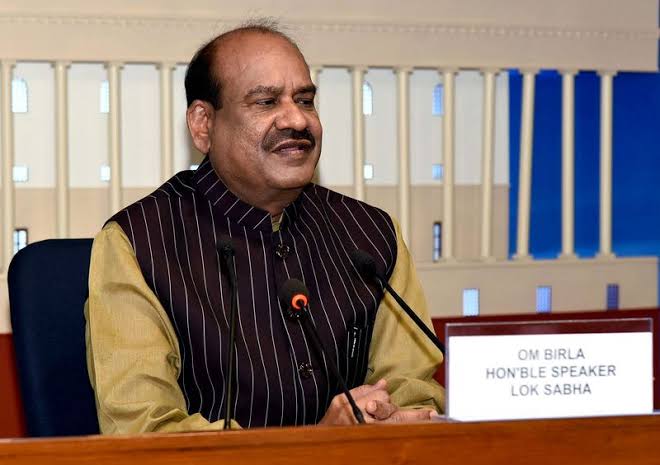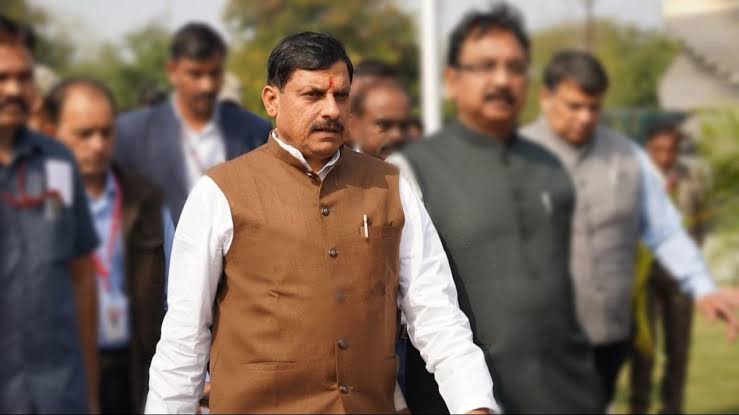
Follow WOWNEWS 24x7 on:
Updated: June 29, 2025 17:14

In a pointed critique that has reignited debate over the efficacy of India’s startup support ecosystem, Karnataka Deputy Chief Minister D K Shivakumar has accused banks of failing to implement the Centre’s flagship loan schemes for entrepreneurs. Speaking at the inauguration of the Karnataka Small Scale Industries Association’s (KASSIA) Centre of Excellence and Innovation in Bengaluru, Shivakumar alleged that banks are routinely ignoring government directives to provide collateral-free loans—undermining efforts to empower first-generation business owners.
Here’s a detailed breakdown of the issue and its broader implications.
Key Concerns Raised by the Deputy CM
- Banks are reportedly reluctant to disburse loans under central schemes that promise credit without guarantees or collateral
- Shivakumar claimed that despite grand announcements by the Centre, banks prefer lending to applicants with established track records
- He emphasized that this behavior disproportionately affects young and emerging entrepreneurs who lack assets but possess ideas and ambition
- The Deputy CM urged KASSIA to pressure both state and central governments to ensure fair access to credit
Impact on Entrepreneurial Ecosystem
- The lack of bank support is seen as a major bottleneck in India’s push to foster grassroots entrepreneurship
- Collateral-free loan schemes like MUDRA, Stand-Up India, and PMEGP are designed to democratize access to capital, especially for women, SC/ST entrepreneurs, and rural innovators
- However, inconsistent implementation by banks has led to underutilization of these schemes, particularly in Tier 2 and Tier 3 cities
- Shivakumar warned that such systemic barriers could drive businesses to relocate to more supportive states like Andhra Pradesh and Tamil Nadu
Call for Policy and Institutional Reform
- Shivakumar proposed that a delegation of industry leaders meet Union Cabinet Ministers to voice concerns directly
- He also highlighted the need for better coordination between state governments, industry bodies, and financial institutions
- The Deputy CM criticized political leaders who focus narrowly on IT and biotech sectors, ignoring the broader industrial base that fuels employment and innovation
What’s at Stake
- With India aiming to become a $5 trillion economy, inclusive entrepreneurship is critical to sustaining growth
- If banks continue to resist risk-sharing, the country risks alienating a generation of potential job creators
- The episode underscores the need for accountability mechanisms to ensure that policy intent translates into on-ground impact
As the Centre touts its pro-entrepreneurship credentials, the ground reality—at least in Karnataka—suggests a widening gap between promise and practice. Bridging that gap may require not just policy tweaks, but a cultural shift in how financial institutions perceive and support risk-taking.
Sources: Economic Times, Business Standard, Devdiscourse, MSN India, KASSIA Inauguration Remarks June 2025



